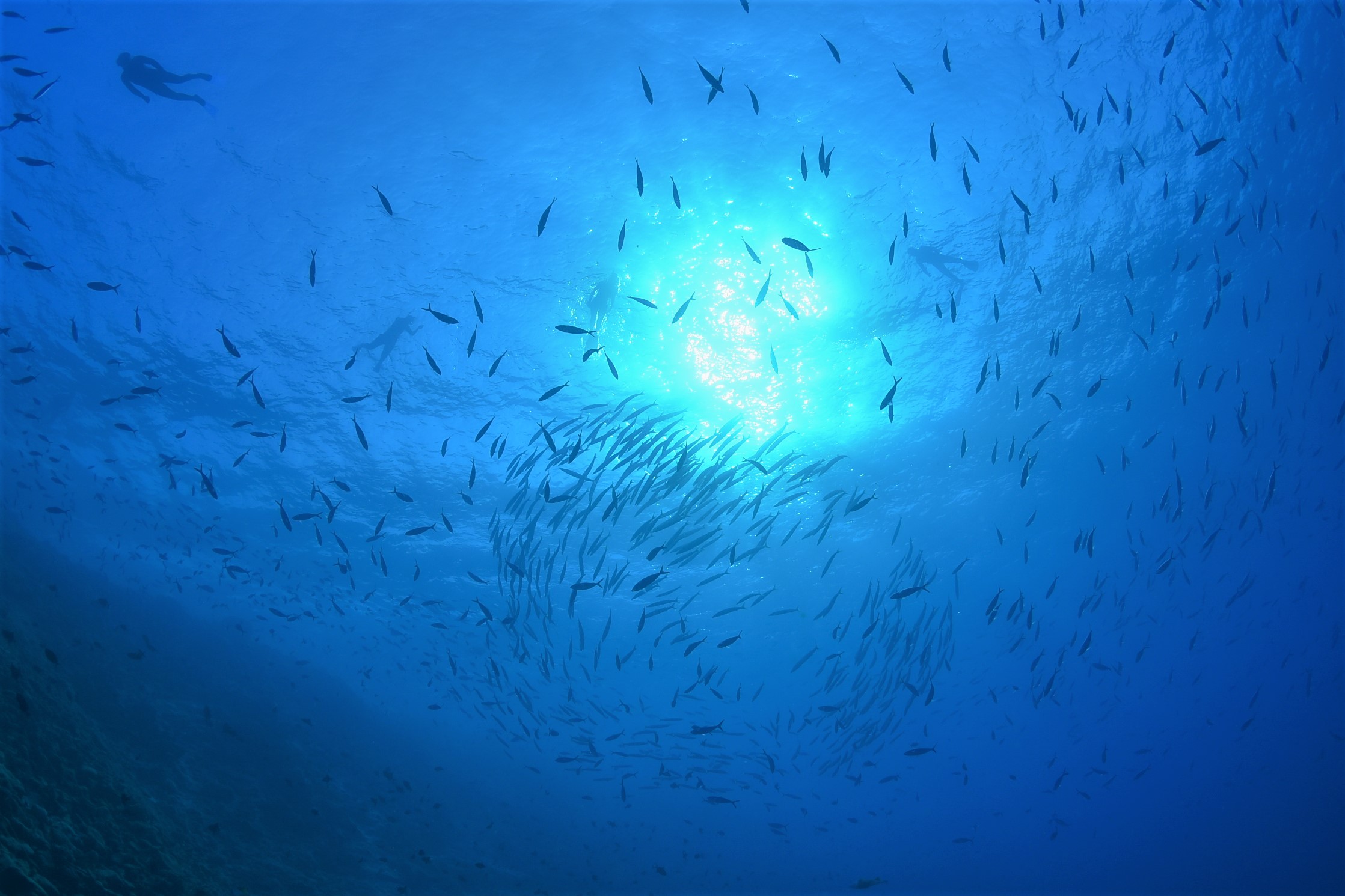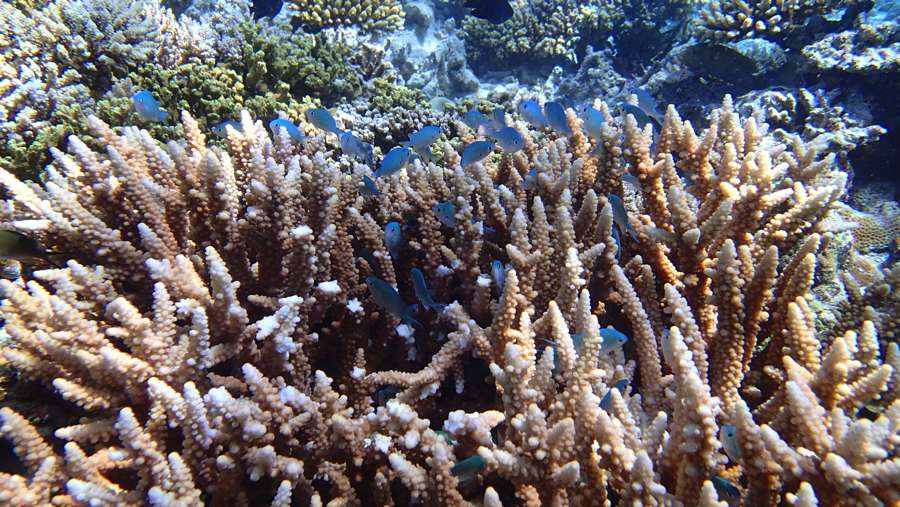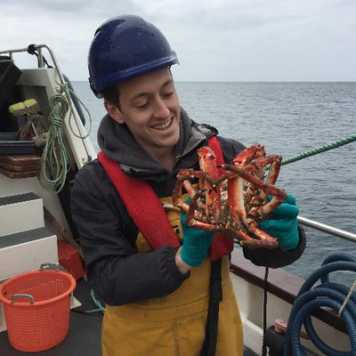Reef Futures
Reef Futures - The future of reef services in the Anthropocene
Shallow-water reef ecosystems provide many services to coastal communities. Fishes are a key protagonist that link humans to ecological systems, for example providing biomass and food security, playing a role in nutrient cycles, and attracting tourists to coastal regions. Healthy and resilient reef systems, indicated by a diverse and abundant reef fish assemblage, benefits the well-being of coastal communities. Reef-Futures aims to understand what environmental and socio-economic factors drives spatial variation in current day patterns of multiple ecosystem services provided by reef fishes. Furthermore, we will explore the dynamics of reef social-ecological systems in response to global environmental change, under different scenarios of climate, demographic and socio-economic futures. This project is funded by ‘BiodivERsA’ under Horizon 2020.

Human have altered marine coastal ecosystems for millennia, particularly reef systems because of their exceptional productivity. Humans continue to modify the structure and dynamics of reef ecosystems, often to sustain human well-being, but we do so at an increasing and often unsustainable rate in the modern era. For example, exploitation of marine resources has increased since 1970s and 33% stocks are now overexploited which undermines the provisioning of future ecosystem services, according to the Intergovernmental Science-Policy Platform on Biodiversity and Ecosystem Services (IPBES). As such, there is a pressing need to identify win-win future scenarios where human needs are balanced with maintaining the integrity of ecosystems, which is a core aim of Reef-Futures.

Reef-Futures focuses on the fish component of tropical and temperate shallow-reef ecosystems (<50m). Shallow-water reef ecosystems support the majority of marine fish diversity and are strongly connected socio-ecological systems on which over a billion people’s livelihood and food security depend. However, reef fishes are severely threatened by local-to-regional scale overexploitation and global scale climatic change. Thus, stakeholders must better understand and predict socio-ecological dynamics across various pressures at multiple spatial scales. This project consists of 18 different institutions in 11 countries. In the Landscape Ecology group at ETHZ, we are focussed on the modelling and projection of future ecosystem services through species-based niche models. We are developing a modelling framework to model abundance and species distribution for thousands of reef fishes and project these under 21st centaury scenarios of global climate and socio-economic change.
